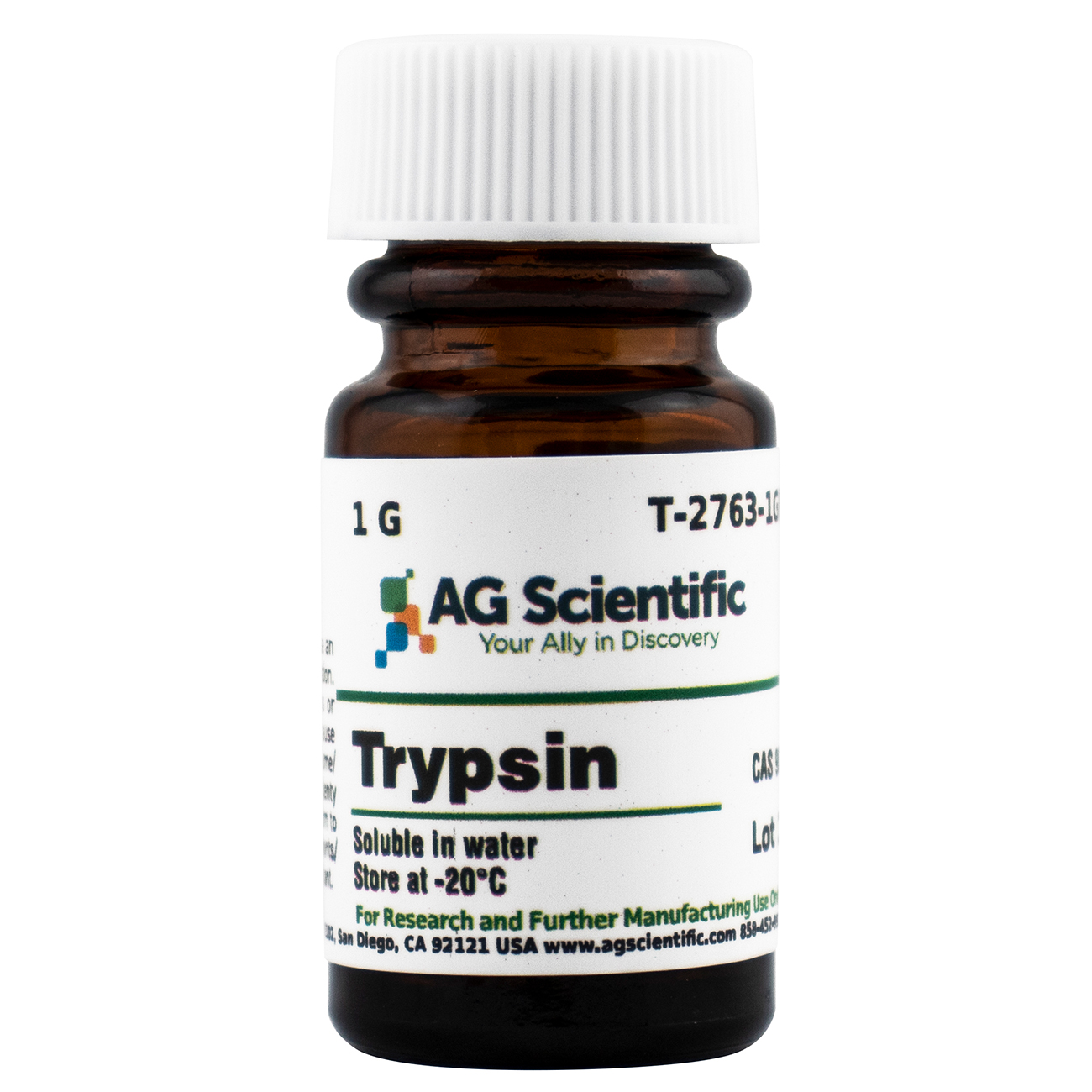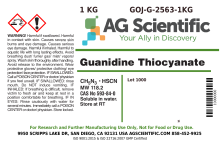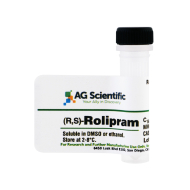9002-07-7
372.10
C6H15O12P3
Water
-20°C
Trypsin is a serine protease enzyme that plays a role in digestion by hydrolyzing proteins. Specifically, trypsin cleaves peptide bonds located on the carboxyl side of the amino acids arginine and lysine. It was once believed that trypsin was synthesized exclusively in the pancreas. However, it has been demonstrated that endothelial cells in many non-pancreatic tissues express trypsin in both mice and humans. Trypsin is a single-chain polypeptide consisting of 223 amino acid residues.
One of the most common uses of trypsin in the laboratory is in the digestion of proteins resistant to other proteolytic agents. It is also used extensively for the dissociation and culturing of cells in studies attempting to isolate and research individual cell types. Recent research has also indicated that trypsin derived from cod may be effective in combating certain pathogenic viruses and promoting the healing of wounds.
Applications:
- Digestion of peptides, digestion of proteins for proteomics research, gel-digestions
- Cell culture: removal of adherent cells from a culture surface, re-suspension of cells in cell culture
- Tissue disassociation
- Protein sequencing
Specifications:
- Trypsin Content: >2,500 U/mg
- pH range of 7-9 will allow for optimal trypsin activity
- EC Number: 3.4.21.4
0.1 lbs
Research or further manufacturing use only, not for food or drug use.





